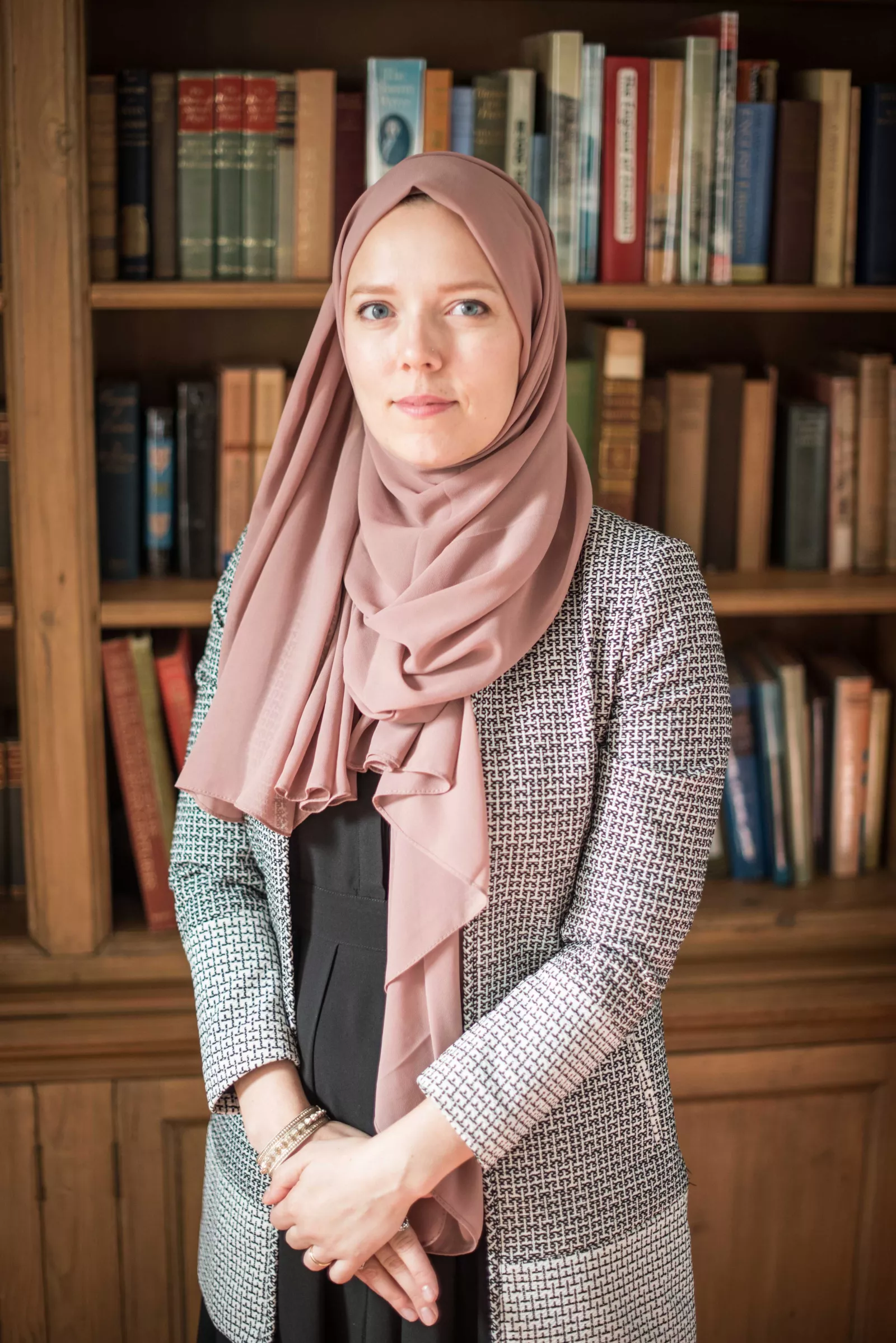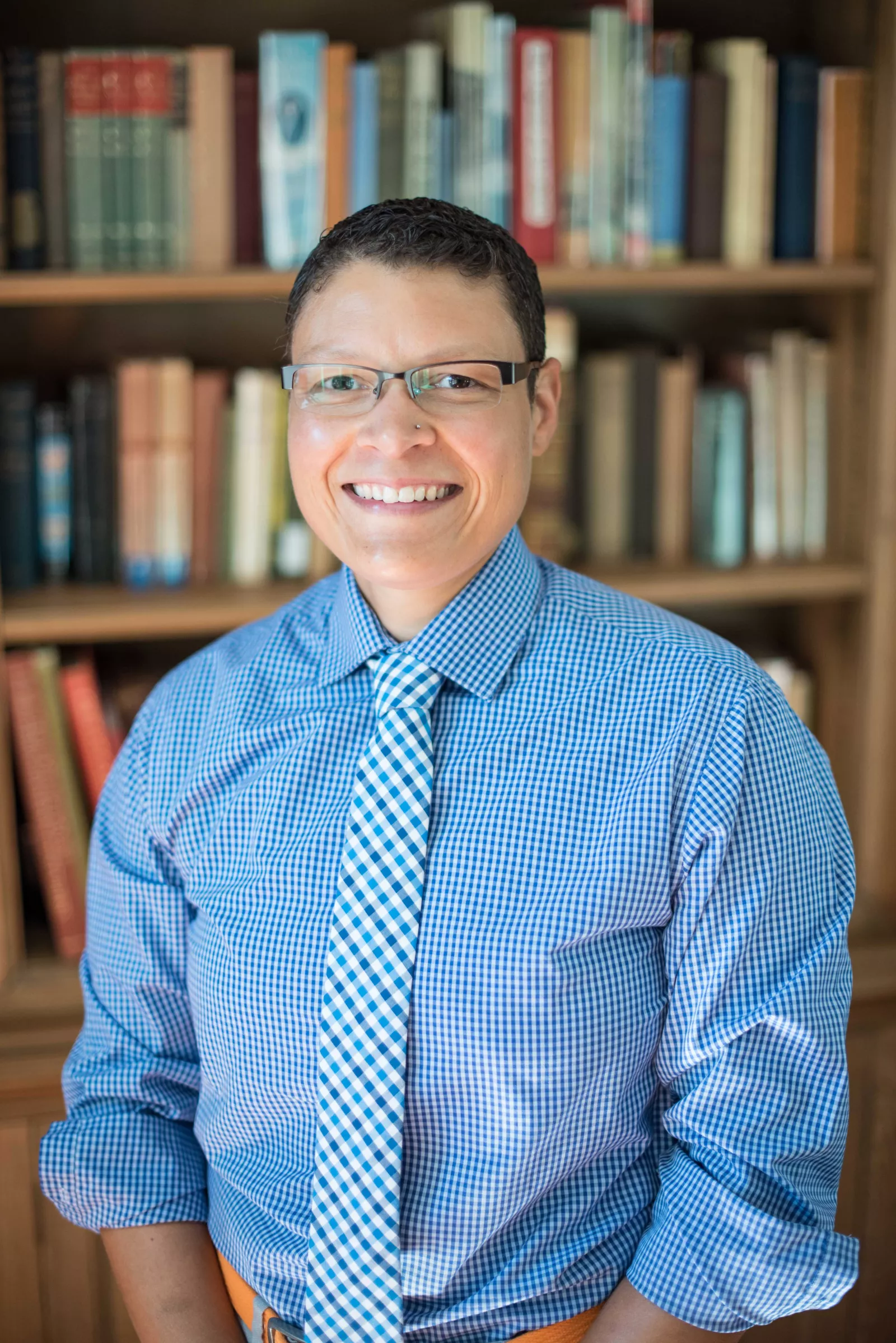Each week since the start of the semester we've been highlighting Bryn Mawr's newest faculty members. The College supports faculty excellence in both research and teaching and is committed to social justice and inclusion in the classroom and in the community at large.
Sofia FennerPolitical Science Department
I study authoritarian politics with a regional focus on the Middle East and North Africa. My research engages with the experiences of opposition groups to shed light on fundamental questions about co-optation, resistance, and political change. How do actors decide whether to reform a system from the inside or dismantle it from the outside? What are the consequences of being co-opted into an authoritarian political order? And what possibilities for political agency might remain within undemocratic regimes? I explore these questions using comparative-historical and interpretive methods, with particular attention to oral histories, the use of language, and understandings of time. As a comparativist, I pair my regional specialization with an active interest in the implications of my research for opposition movements around the globe.
Piper Coutinho-SledgeSociology Department
My primary research interests are in gender studies, the sociology of the body and embodiment, and critical health studies. My research agenda is inspired by empirical and theoretical puzzles emerging from everyday observations about the subtle ways that discourses about gender shape how we make sense of the social world. I am particularly motivated by an interest in LGBTQ health disparities and the impacts of ideologies of gender on medical practice. My current research investigates the regulation of gendered bodies within the cycle of care for "female" cancers. I focus on the experiences of 57 individuals whose bodies and gender identities don't match the medical and social expectations for gynecological and breast cancer care. This study is the first to link together cancer care experiences of transgender men, cisgender men, and cisgender women who choose mastectomy and opt out of reconstruction. I show how these patients create "gender trouble" for medical professionals and reconstruct the relationship between the body and gender identity at four discrete points in the cycle of cancer care: early detection/ prevention, diagnosis and treatment, surgical interventions, and reconstruction and recovery. The outcomes of this project challenge associations between femininity/ female bodies and masculinity/ male bodies that are taken for granted in social life generally and are naturalized through medical care more specifically.

